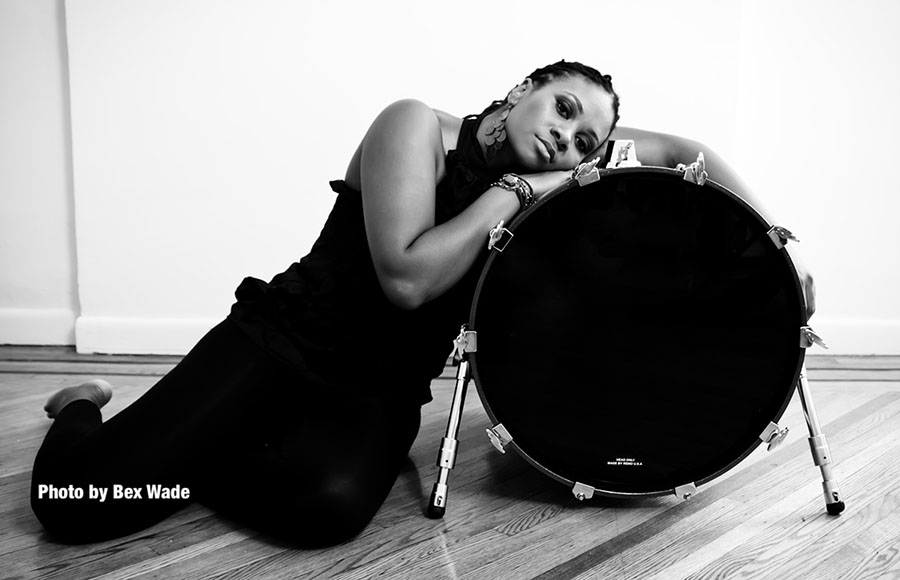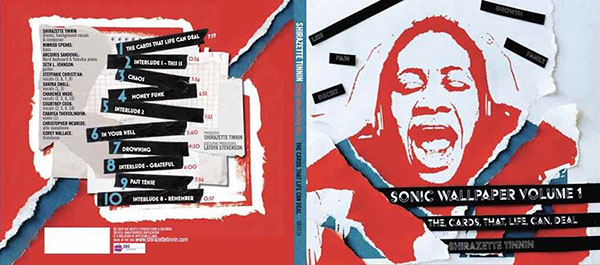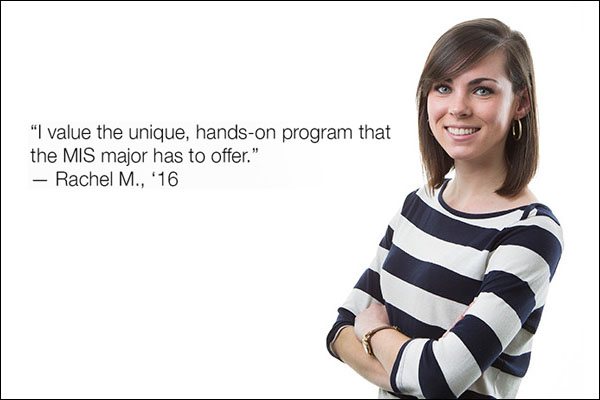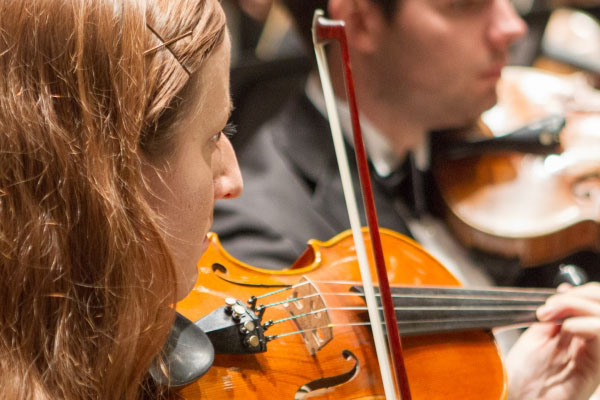Life experiences have shaped the musical career notes of Appalachian State University alumna Shirazette Tinnin ’02, a Grammy-nominated drummer and bandleader, former Fulbright Scholar and music educator who resides in New York City. Her journey to success has been paved by natural talent, persistence and hard work, and support from strong mentors and peers.
Tinnin leads her band — Shirazette and the Sonic WallPaper Fusion — mixing jazz, world music and hip-hop to perform her original compositions.
She has played and toured worldwide with many accomplished jazz artists, including the Allan Harris Group, Tia Fuller Quartet, Nicole Mitchell and Craig Harris — and performed as the house drummer for “The Meredith Vieira Show” on NBC and with Alicia Keys on BET’s annual “Black Girls Rock!” award show.
The Pleasant Grove native holds a Bachelor of Science in music industry studies from App State and a Master of Music with a specialization in jazz studies from Northern Illinois University.
Tinnin has earned several awards during her career, including the following:
- The 2020 Make Jazz Fellowship for emerging composers, sponsored by the Herb Alpert Foundation and hosted by the 18th Street Arts Center in Santa Monica, California.
- A 2014–15 Fulbright Scholarship, through which Tinnin performed in South America as a cultural ambassador representing the empowerment of women.
- The 2008 Sisters in Jazz Collegiate All-Stars Award from the International Association of Jazz Education (IAJE), cultivating diversity and inclusion in jazz.
At the onset of the pandemic in 2020, Tinnin released her third album, “The Cards That Life Can Deal,” which she said is an album about her life. In this Q&A session, Tinnin shares details about her life as a musician, some of her experiences as a Mountaineer, the trials she has encountered and the lessons she has learned along the way.
- What is your life as a musician like now, during a pandemic?
-
Here in New York, performing isn’t really happening — everybody is in a cautious state of mind. I’d usually be on the road right now, playing with Allan Harris in Europe. But because we can’t do that, I’m doing more teaching. In addition to leading an ensemble and teaching drummers at New Jersey City University, I was asked to teach a music education class to 4-year-olds at a preschool.
All I’m doing is implementing what I’ve learned by teaching drum clinics — breaking it down in a way kids can understand — and we’re having so much fun! You have to have flexibility.
One of the experiences that has helped me grow most lately — through my association with Carnegie Hall — is working with inmates at Sing Sing Correctional Facility, a maximum-security prison in New York. I teach them music, and it has been a beautiful thing. They are some of the most driven people I’ve seen in my life. They’re so hungry to learn.
I use that with some of my students on the outside. I tell them, “Hey, you have your freedom. The guys at Sing Sing don’t, but they are more driven than you are. Think about if you couldn’t just play music whenever you wanted. You need to do everything possible, because you don’t know what the next day will bring.”
- You started App State with a basketball scholarship — and ended up with a degree in music. How did that happen?
-
I grew up in a musical family and was in jazz ensembles all through middle and high school. I always liked App State’s drum line. My band director, Mark Hauser ’74, went to Appalachian and when he saw I had an interest in majoring in music, he introduced me to Todd Wright (professor and jazz area coordinator in App State’s Hayes School of Music).
Mr. Wright made me feel comfortable and said if I came to Appalachian, he’d look out for me in the jazz program. He really signed, sealed and delivered the decision for me.
I was thinking about playing basketball, too, and got a scholarship to play at App State. They picked me up for my defense and helped me develop other skills. I had to get up at 5 a.m. every morning for workouts and practice. It was amazing, but I only played for one year because I realized I wouldn’t be able play basketball full time and become a really good musician. So, I made a choice.
- What were some of the experiences at App State that helped you build your career?
-
I had so many great instructors. Dr. Scott Meister had me in his Steely Pan Steel Band, and he dove me into world music percussion. I learned how to play the doumbek (a goblet-shaped drum played with the hands).
Rick Dilling, who taught applied drum set, actually helped me get my first set of drums. I also owe a lot to Dr. Rob Falvo, the percussion director, who really guided me in the program. He helped me develop music reading and technical skills.
When I came to Appalachian, I realized my music reading skills were subpar. I was good at memorizing, and after I learned a piece of music I just played from memory. So, with Rob Falvo I grew from a musician who could simply play into one who understood why I was using particular techniques. I didn’t have that connection before. I just had some natural talent without the technical knowledge.
One of the greatest things I loved about being at Appalachian was the support from my peers. So many of the students were planning careers in music education, and instead of competing with one another, everybody helped each other become better musicians. It was a family network.
Todd Wright was the main mentor for me. He took me under his wing and made sure I knew what it was like to play as a professional. He had me play with him on multiple gigs.
Mr. Wright also helped me get an internship in New York during my senior year. I interviewed with Sherrie Maricle — a female drummer and bandleader — at Carnegie Hall and was hired to work with her and the late conductor Skitch Henderson, who founded The New York Pops.
I also interned in the evening at Quad Recording Studios in New York — one of the major studios where everybody from hip-hop, to R&B, to rock recorded their music. I wanted to learn more about the recording and engineering side.
- You have described yourself as a “fearless professional” in the music business. What do you mean by that?
-
In the profession I’ve chosen, some have ideas of what a person should look like and how they should play. I’ve experienced people saying things like, “You don’t look like a drummer,” or asking if I was setting up the drums for my boyfriend. You have to have a sense of security and fearlessness to overcome people’s perceptions.
At App State, I was not just the only female in the drum line of the Marching Mountaineers — I was the only Black, gay female. Because of my upbringing, though, I’ve never been afraid to try anything. I have three older brothers and was raised to have a toughness and to stand up for myself. God doesn’t give us a spirit of fear. Being afraid is a learned behavior.
- What were some of the other struggles in your career, and how did you overcome them?
-
After I finished my internships and graduated, I tried to stay in New York but was there for only a short time. I worked for Barnes and Noble, making about $300 a week, and was playing with a band, but we weren’t making much money and living in New York is crazy expensive.
I lived with a friend from the recording studio, but he didn’t have any heat. It was the dead of January, and then to top things off, my car was towed, and I had to call my parents for money. That was it. I moved back to North Carolina.
I ended up in Winston-Salem, working jobs during the day and establishing myself on the jazz scene playing in clubs at night. I thought I was living the dream!
Then, through my network of musician friends, I learned about the master’s program at Northern Illinois University and was granted a full scholarship to continue my education. I was part of a jazz ensemble that played all over the world, and through connections I made during that time, I ended up back in New York playing and touring with the Gabriel Alegria Afro-Peruvian Sextet.
When the pandemic hit in early 2020, I was in Santa Monica with the Make Jazz Fellowship. I spent time in solitude and had time to reflect upon the recent loss of my mom, in 2019, and my dad, in 2016. I wrote tunes that traveled through the grief process, to acceptance at the end, and there were tears, joy and laughter.
- What advice would you give to App State students who want to pursue a career as a music performer?
-
One thing is to be flexible. My career isn’t just about jazz. I was granted opportunities like being on “Black Girls Rock!” on BET, and playing with the house band on “The Meredith Vieira Show” on NBC. Those things would not have occurred if I hadn’t been open to playing other types of music. You can’t limit your mindset.
Also, I always try to think about the people who sacrificed for me to get to where I am. Whenever I’ve felt like giving up, I had to remember I’m not doing this just for myself.
You have to have perseverance and believe in yourself. You need to be confident but not arrogant. Confidence comes from lots of practice on your instrument and surrounding yourself with people who are supportive.
What do you think?
Share your feedback on this story.
About the Hayes School of Music
The Hayes School of Music prepares young musicians for professional lives as performers, composers, music educators, music therapists, conductors and music industry professionals, ensuring the next generation of musical leadership for the state, region and nation. Noted for quality instruction by national and internationally recognized faculty musicians, the school offers four undergraduate degree programs and three graduate-level programs. Learn more at https://music.appstate.edu.
About Appalachian State University
As a premier public institution, Appalachian State University prepares students to lead purposeful lives. App State is one of 17 campuses in the University of North Carolina System, with a national reputation for innovative teaching and opening access to a high-quality, cost-effective education. The university enrolls more than 21,000 students, has a low student-to-faculty ratio and offers more than 150 undergraduate and 80 graduate majors at its Boone and Hickory campuses and through App State Online. Learn more at https://www.appstate.edu.







![How NCInnovation Is Rethinking Economic Development in North Carolina [faculty featured]](/_images/_posts/2026/02/rethinking-economic-development-600x400.jpg)







